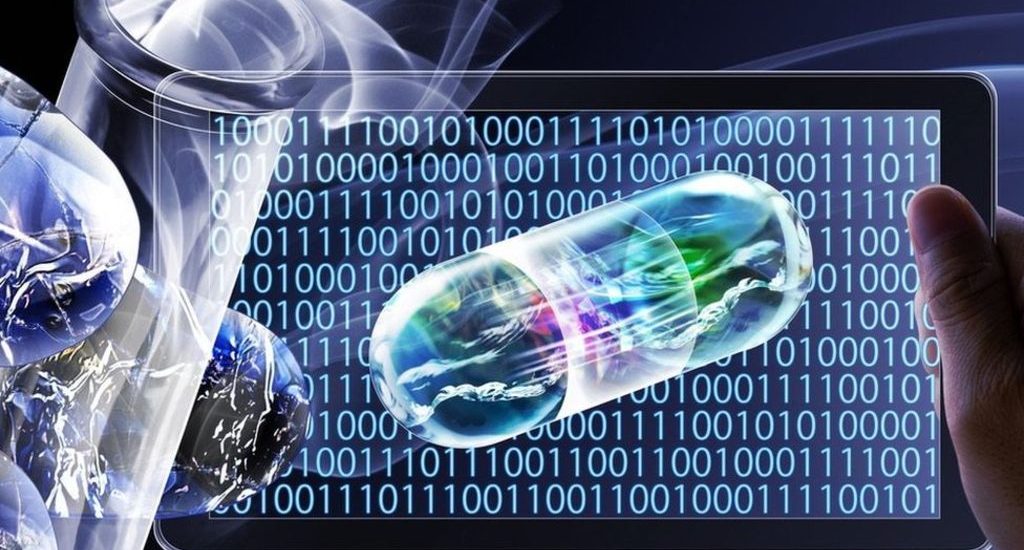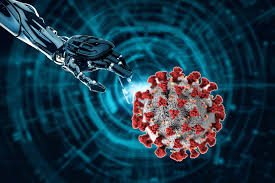AI Systems Aim To Sniff Out Signs Of COVID-19 Outbreaks
- June 20, 2020
- Posted by: admin
- Category: Artificial Intelligence

Did you know that the first alarm about the COVID-19 Outbreaks was raised by a computer and not a human? Yes, to be precise, it was a website run by Boston Children’s Hospital, called health Map that uses artificial intelligence to scan the latest news reports, social media queries, and other sources to look for signs of disease outbreaks. The data-mining program spotted news of a pneumonia outbreak in Wuhan, China. The report was an email bulletin that stated that owing to a pneumonia-like outbreak, seven people had to be admitted for critical care and this medical urgency was rated 3 out of 5.
What can be said about the potential of AI in detecting early signs of the pandemic?
Scientists started adopting AI since 30th December 2019, when the email bulletin was spotted. And till the present day, it has been showing remarkable progress.
As the number of infected is skyrocketing globally, researchers and data scientists are putting all their efforts into building automated tracking systems in collaboration with tech startups and biggies. The aim of these automated tracking systems will be to check for signs of infections by mining piles of data generated from news media and social media.
Now, we must note here that Artificial intelligence should not be considered a substitute for health monitoring systems, in this case, say expert epidemiologists. But according to a computer scientist at Microsoft, Mr. Elad Yom-Tov, AI can bridge certain critical gaps, and it can make our toolbox for fighting coronavirus stronger and more efficient.
Can AI be used to examine the casting process?

According to reports, initiatives are being taken for “now-casting” the present state of the COVID-19 pandemic across numerous states of the US. For this, AI would be employed to collect information sourced from Google’s search data and pop-up symptoms surveys conducted by Facebook and Google.
The data will be analyzed using the most advanced methods and the results will help in forecasting the demand for hospital beds and intensive care units in the future. This will help hospital authorities to preplan the management of every resource and in case of higher infections, hospital resources would not be overcrowded or running short.
Can AI do all this without human intervention?
Although AI techniques are automatic, at some point in time, human intervention and supervision will be required. AI systems are labor-intensive. For instance, to train a program to hunt for specific trends across Twitter, a human has to feed the examples of the trends for several hours.
An epidemiologist at Columbia University, Mr. Jeffrey Shaman observes that Artificial intelligence might struggle to perform in highly stressful situations, such as during the COVID-19 crisis, where correlations between illness and online behavior can change rapidly. However, AI cannot substitute the need for more testing to determine new coronavirus infections, with the help of it, authorities can conduct more testing at hot spots.
Takeaway
Although many researchers believe that AI will be more helpful in battling future pandemics than the one we are going through today, it is certainly making a huge difference in tackling the prevalent haywire situation.
